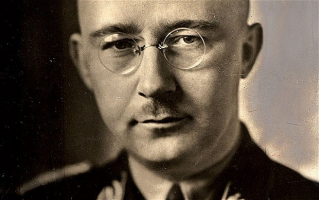Top 6 Interesting Facts About Horace Mann
Republican politician Horace Mann (1796–1859) was a free thinker and one of the key pioneers in the American educational reform movement. Mann's life goal was ... read more...to make education available to all Americans, regardless of their race, socioeconomic standing, or ethnicity. He worked tirelessly for public education. Father of the Common School Movement was the moniker bestowed upon him. To learn more about this statesman, examine these 6 interesting facts about Horace Mann.
-
For each person to reach their full potential, according to Horace Mann (1796–1859), a nation needs to have a formal education system. He made the case that each child should have free access to a public education that is offered by the local government and is funded by taxation. He campaigned for better and more consistent teacher preparation. Mann is certain that his public schools would promote sociopolitical stability and civic training necessary to uphold a democratic system of governance.
Horace Mann served as a pioneer in US educational reform. In his home state of Massachusetts, he began the changes. He enhanced the standard of education while serving as the Education Board's secretary. Additionally, he wanted education to be accessible to all citizens, regardless of their socioeconomic standing, race, or religion. His support for public education was motivated by the ideals of a free society. He thought that inclusion and the addition of public funds were the fundamental components of common schools.
As secretary, Mann pushed for the creation of "common schools," which would be open to all students, regardless of their capacity to pay. Mann thought that the United States would be able to escape the strict class structures of Europe if it had universal education. Mann stated in his twelfth (and final) annual report for the Massachusetts school board that education "is the great equalizer of the situations of men—the balance-wheel of the social mechanism." He believed that all Americans "must, if citizens of a Republic, comprehend something about the actual nature and functioning of the government under which they live."
Horace Mann was not the first to put forward publicly funded teacher education, but he was the most significant contributor to the professionalization of teaching. His itinerary gathered momentum once he was appointed Secretary of the Massachusetts Board of Education in 1837.
He started a number of bold reforms in the industry while serving as the Secretary of the Massachusetts Board of Education. Horace Mann advocated for education to be delivered by qualified instructors who have undergone specialized training at a specified institution, which is one of the interesting facts about Horace Mann. He advocated for instructors who had received specialized training from professional organizations. By the way, every one of his concepts was gathered and, to varying degrees, adopted by every American state.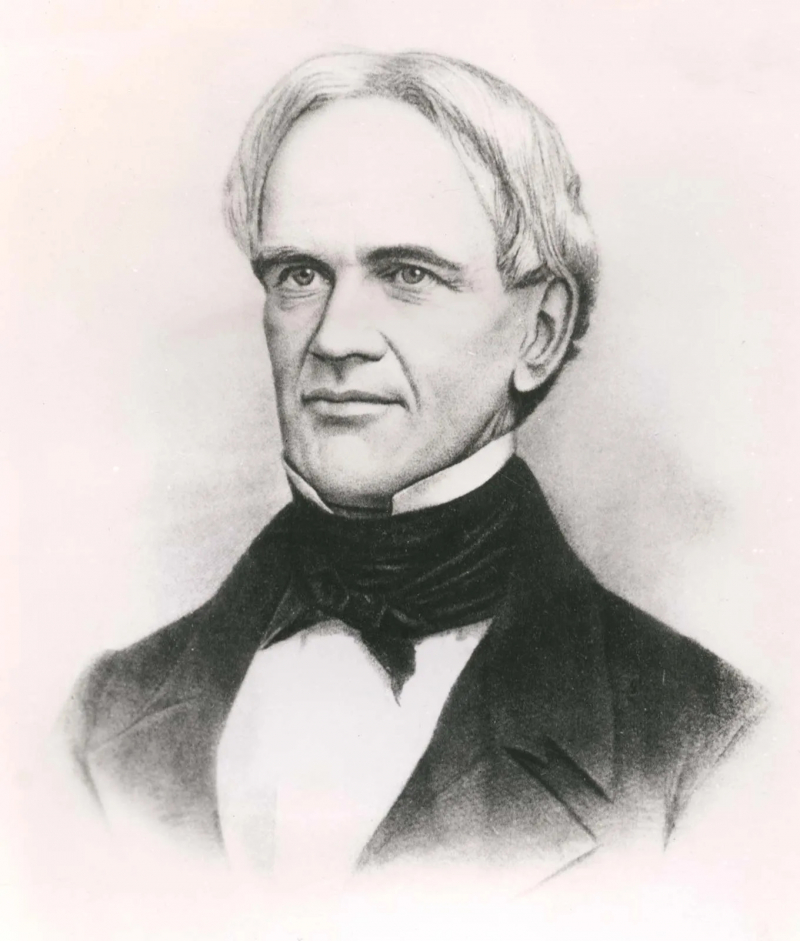
britannica.com 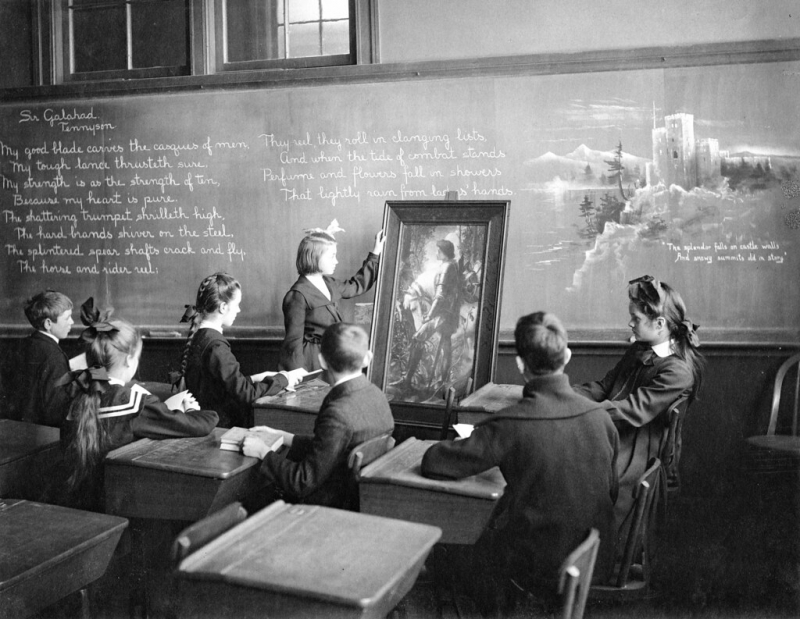
Photo: Horace's common school - pinterest.com -
The Prussian educational practices of the 1800s have long piqued the interest of American academics. Horace Mann traveled to Prussia in 1843 in an effort to uncover the factors that contributed to the success of their public education system.
By promoting aspects of European education, such as the elimination of physical punishment, upon his return, he aroused the wrath of conservative American educators. Officials from the church also opposed him because of his support for nonsectarian education. Mann pushed for the establishment of public common schools by opposing sectarian education and promoting training in universal Christian principles and values that would empower pupils to form their own moral judgments. Mann's non-sectarian approach to public education was attacked at the time (and is still considered as such by some now) as being antagonistic to religion and harmful to both individual and society values. The public's desire for public school system reform was only increased by these attacks, nevertheless.
Despite facing opposition from conservatives, Mann set about establishing a network of what are known as "Normal Schools" around the country after his return from Prussia. These were the places where people who had just finished their secondary education went to get teacher training. One of the interesting facts about Horace Mann is that he was of the opinion that women were more suited for the teaching profession than men. In addition, he insisted that a school must have adequate funding and resources in order to operate effectively.
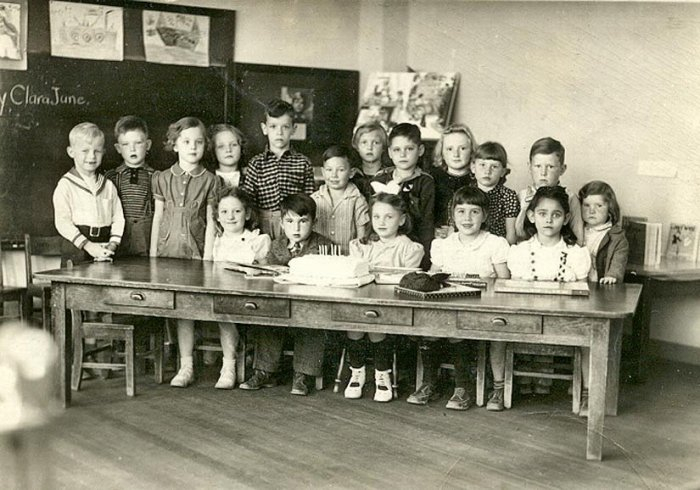
Photo: The Prussian education system's regular classroom model - sites.rootsweb.com Video: https://www.youtube.com/watch?v=OUkeXs2cSJI -
In 1838, he began publishing a biweekly journal for teachers called the Common School Journal and gave several speeches to civic organizations. His twelve yearly reports to the board covered a wide variety of pedagogical topics while arguing in favor of public education and outlining its issues.
He concentrated on the issues in public schools in this publication. His main points revolved around six core ideas:
- ignorance and freedom cannot coexist;
- the state must fund the education system to combat ignorance;
- schools must accept students regardless of background;
- a non-sectarian philosophy should be adopted, according to which politics and religion have no bearing on education;
- education must exist in a society that promotes choice and free will, and
- education must be provided by professionally trained teachers.
Mann faced fierce opposition to these ideas, including clergymen who despised nonsectarian schools, teachers who denounced his pedagogy as disrespectful of classroom authority, and politicians who opposed the board as an improper intrusion on local educational authority. Nevertheless, Mann's ideas were eventually won over.
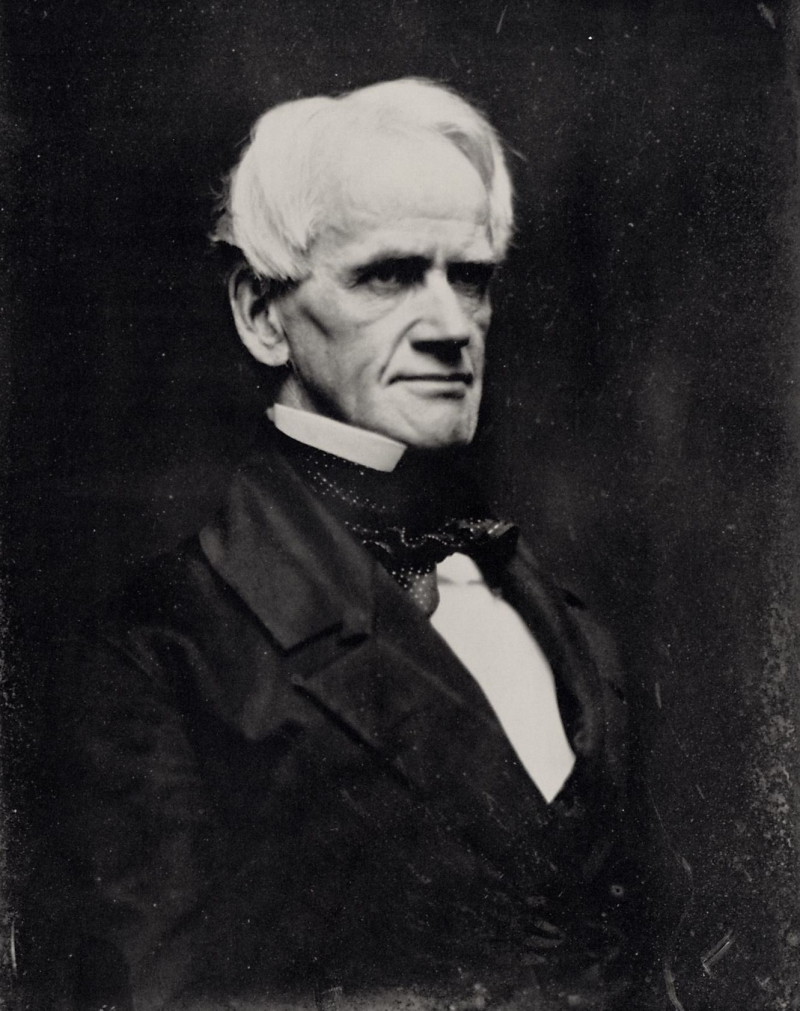
biography.com 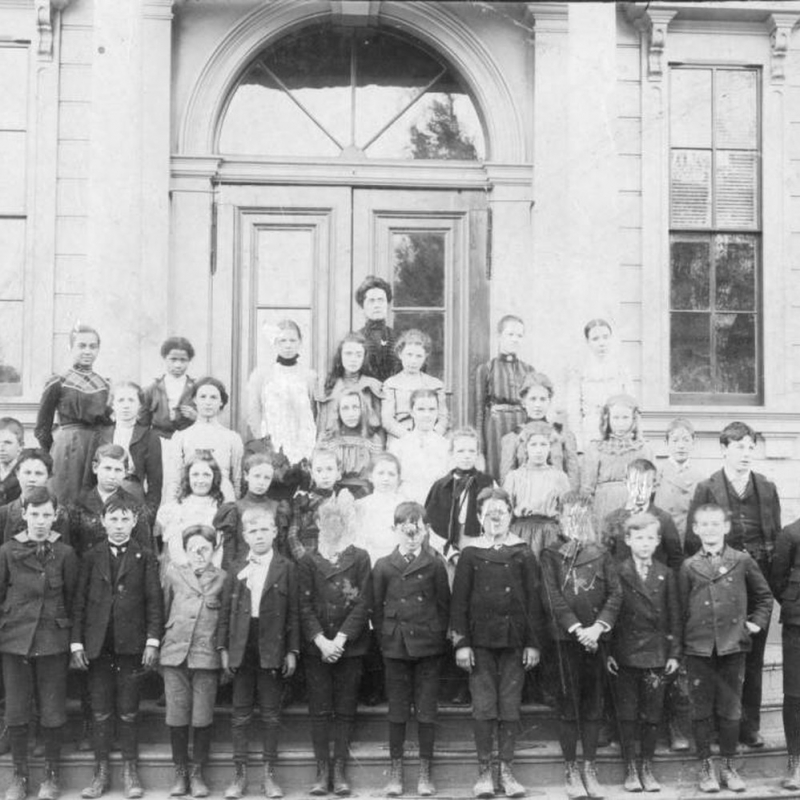
calisphere.org -
Franklin, Massachusetts, a city in the eastern part of the state's Norfolk County, is where Horace Mann was born. A farm that had been in his family for many generations was their property. In the early days of Cambridge, Massachusetts, one of his relatives was among the original inhabitants. The Manns were destitute and had a difficult financial situation despite their familial background. His parents could only afford to pay for six weeks of the school year for him, and neither of them had much formal education.
Like many towns in New England at the time, Franklin did not have a good school. The instructor used physical abuse and terror to educate, and a typical school year was no longer than two months. What the pupils were able to learn as a consequence was either useless or inaccurate. He never attended school for more than 10 weeks in a calendar year until he was fifteen. Mann had to accept difficult employment that had an impact on his boyhood in order to support his family financially. After graduating from the local school, he continued his education at Williams Academy in Wrentham while working as a straw braider for Franklin's hat manufacturers.
He attended school for little more than six weeks every year, from the age of 10 to twenty. Franklin did have a modest library that contained books that Benjamin Franklin had contributed. It was the country's first public library, and Mann made full use of it by reading extensively during his adolescent years.
He worked hard in school from the time he was ten to twenty years old, and as a result, was accepted to Brown University in Providence, Rhode Island, despite his challenging childhood. His independence of thought was developed at Brown. It's one of the interesting facts about Horace Mann that he accomplished achievement by finishing his studies at Brown University in a record-breaking three years. Given the fact that Brown is an Ivy League school, that is a significant accomplishment.
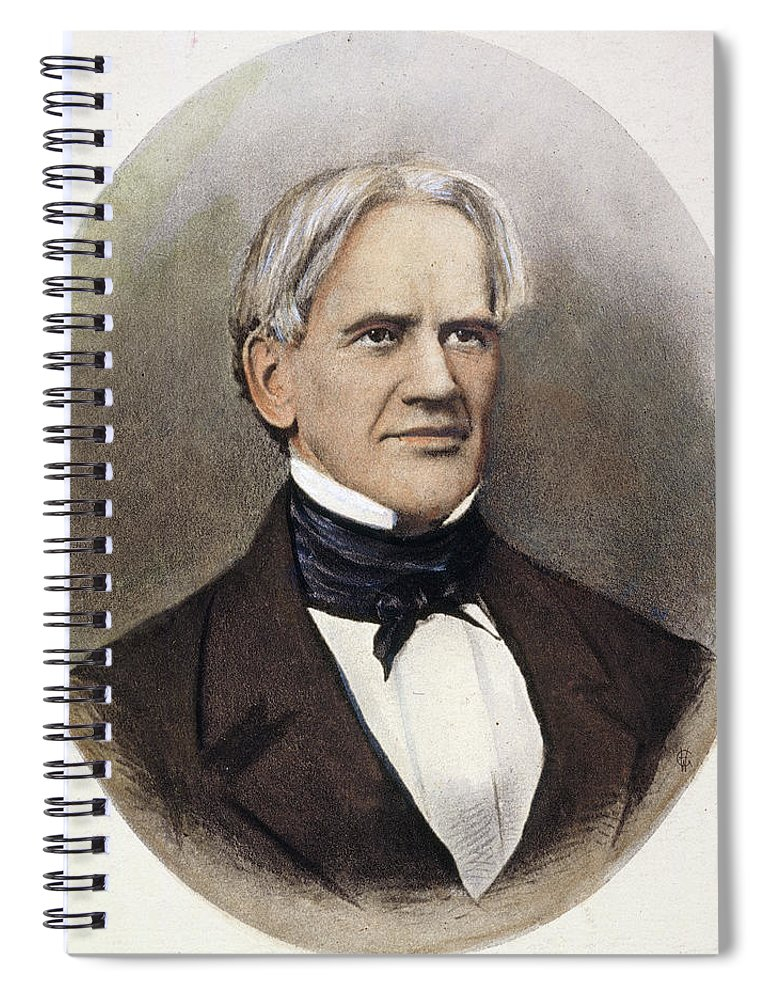
fineartamerica.com 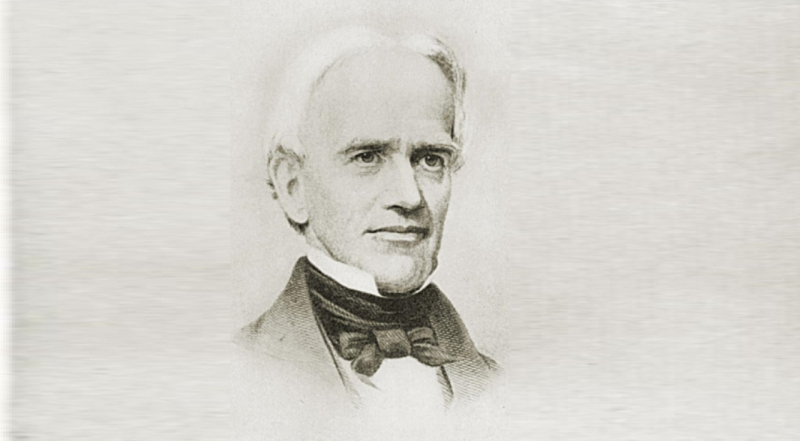
linkedin.com -
In his day, Horace Mann was a bold thinker who spent time speculating about how mankind could advance without leaving anybody behind. He accepted the presidency of Antioch College in Ohio in his latter years. The young people were encouraged by him to consider ways they may benefit mankind. He was even charged with converting the students to Unitarianism. He put everything he had into the causes he supported.
He said the quote above during one of the graduations, and it has since become the institution's slogan. This is arguably Horace Mann's most well-known quotation, and it amply demonstrates how committed he was to the just cause of ensuring secondary education was available and inexpensive to every man, woman, and child in the United States.
These powerful words are inscribed on Horace Mann's memorial in the yard of Antioch College in Yellow Springs, Ohio, and have been adopted as the school's guiding principle. Horace Mann served as Antioch College's first president, which is understandable.
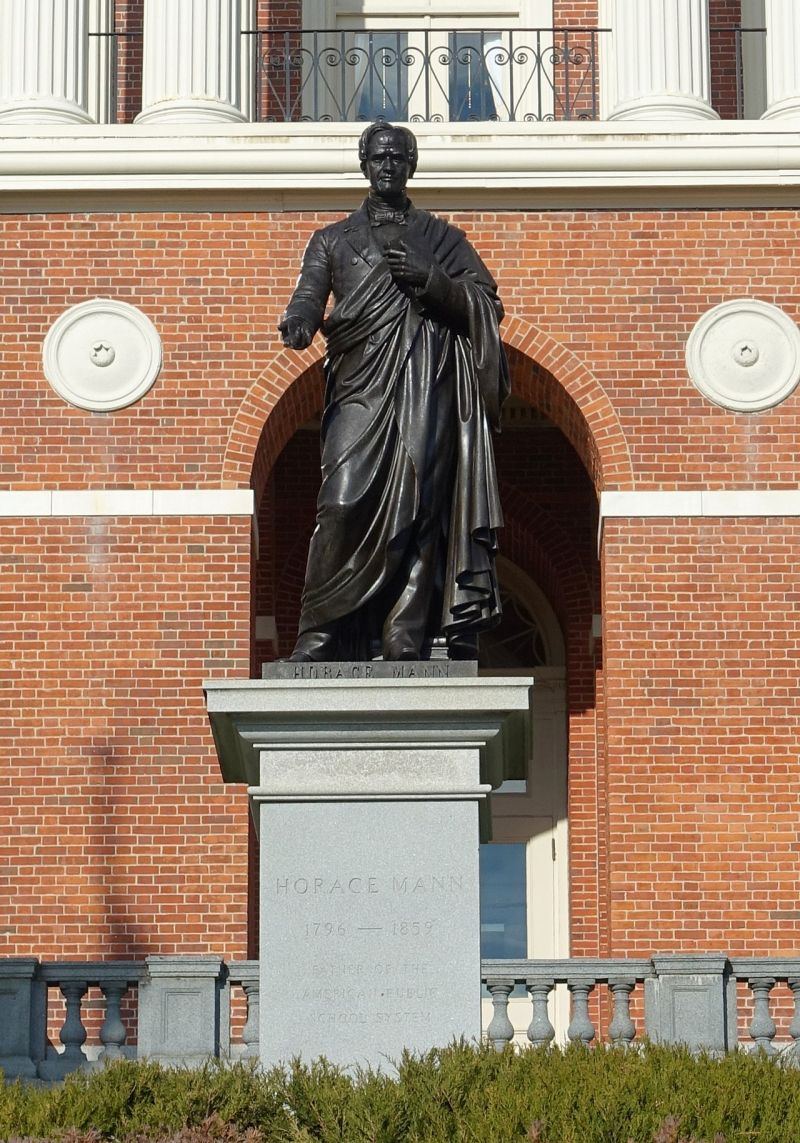
wblog.wiki 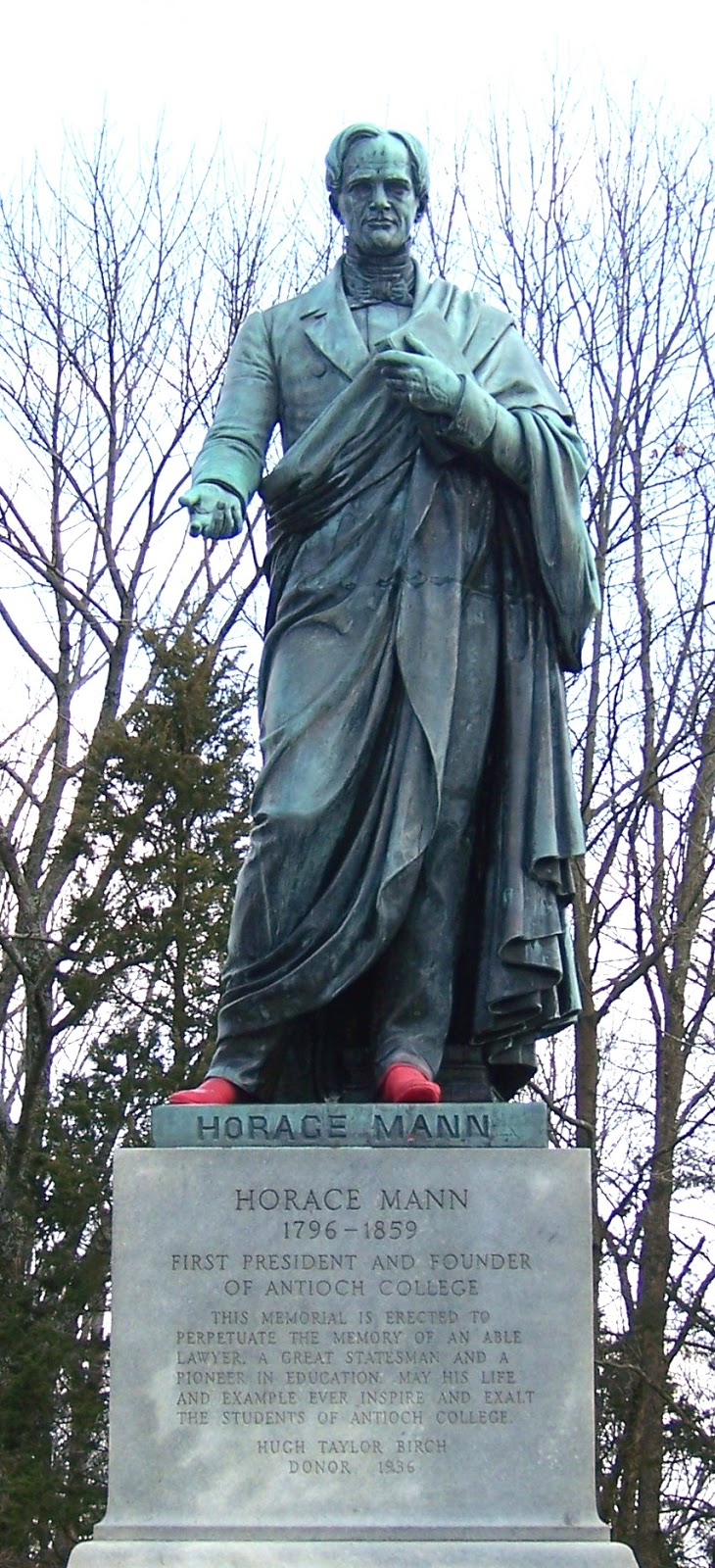
jafabrit.blogspot.com -
Mann enrolled at Brown University for his sophomore year. At Brown, he developed his worldview and his ideals. The Brown University president's daughter, Charlotte Messer, was the first woman he ever met and fell in love with. In 1830, they married. When she was just 10 years old, Mann had been attached to her since his undergraduate days. Sadly, after two years of marriage, she abruptly passed away, which left him feeling sad. Mann has been emotionally wounded as a result of this for his whole life.
Getting over the unexpected and terrible loss of his first wife, took Horace eleven hard years. Ultimately, in 1843, he wed Mary Tyler Peabody, with whom he had an exceptionally intimate intellectual relationship. They were married until Mann's death in 1859 and had three children together.
On August 2, 1859, Horace Mann passed away. He was buried at Yellow Springs, Ohio, next to Charlotte. After her husband passed away, Mary Tyler Peabody Mann brought their three kids back to Massachusetts. She wrote her husband's biography and edited his unpublished writings throughout the course of the ensuing months. Mary took the initiative to have her husband moved from his original resting place and buried close to his first love, Charlotte.
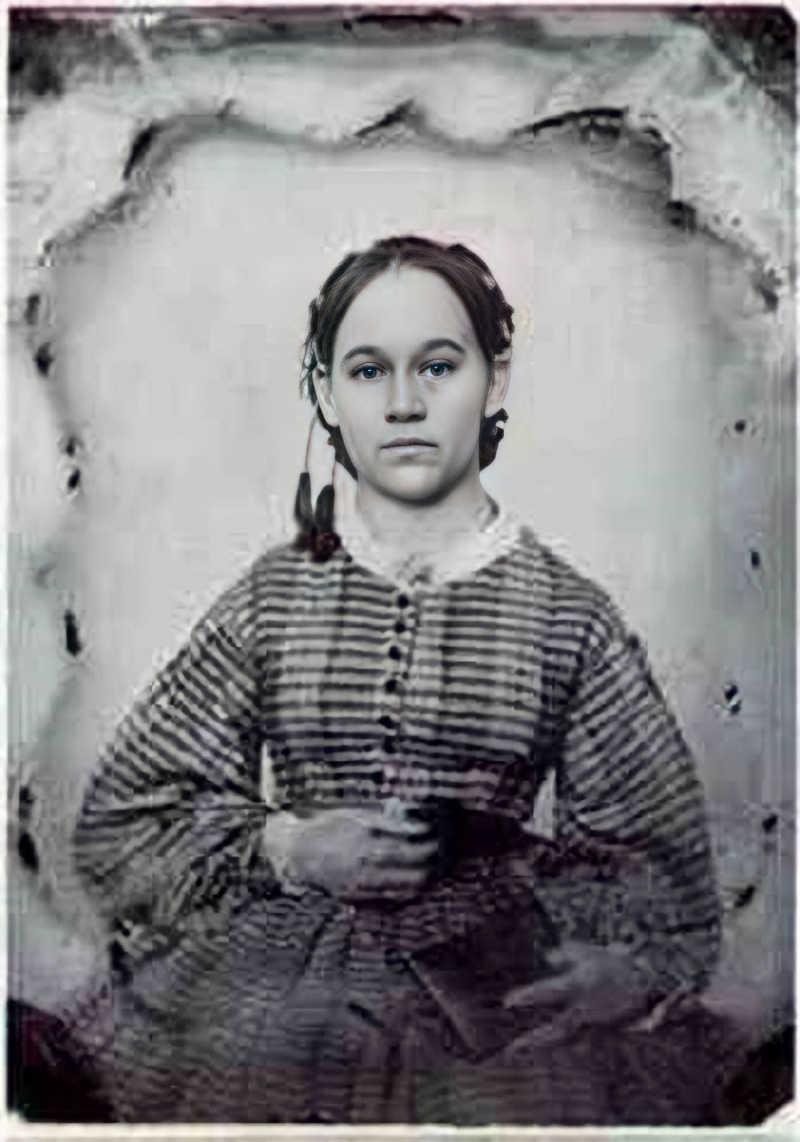
Photo: Charlotte Messer - timetoast.com 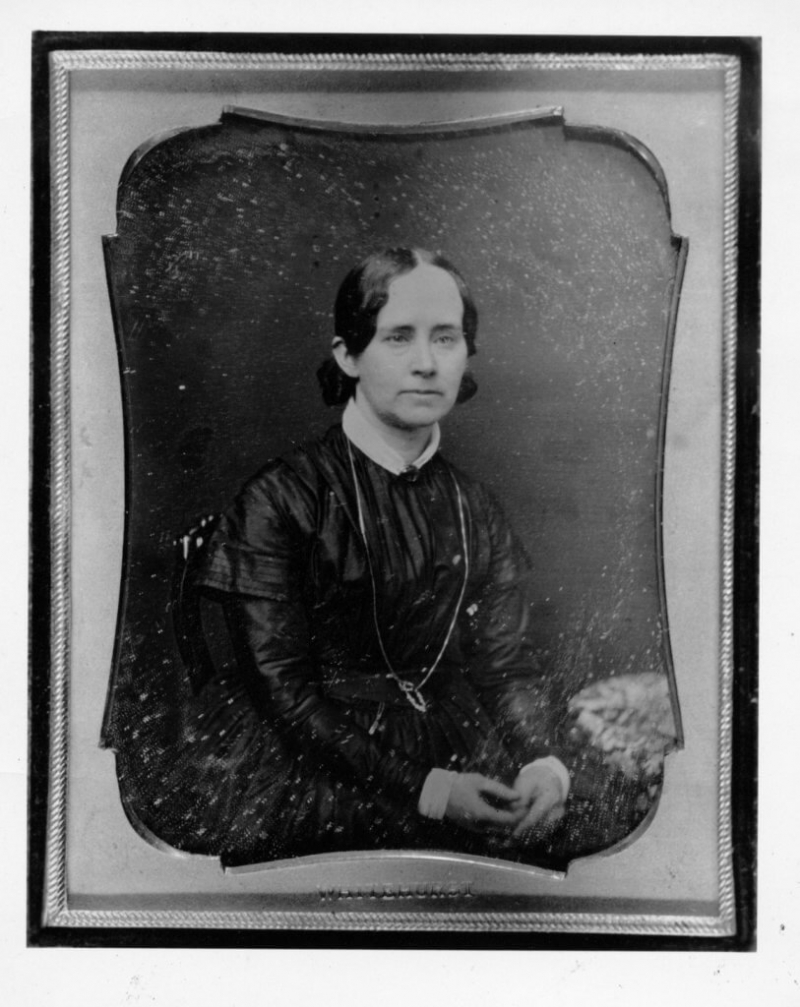
Photo: Mary Tyler Peabody - antiochcollege.edu
























